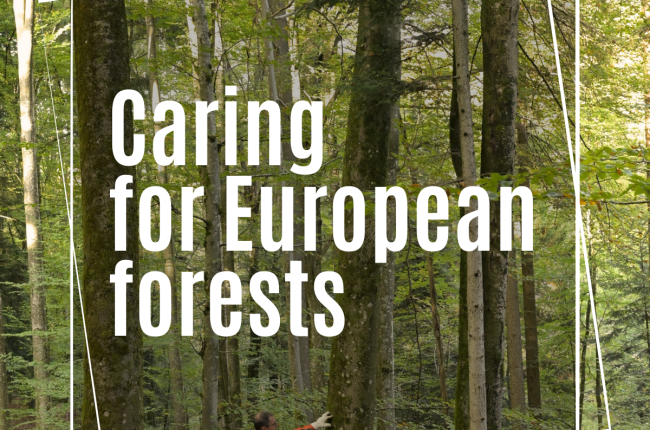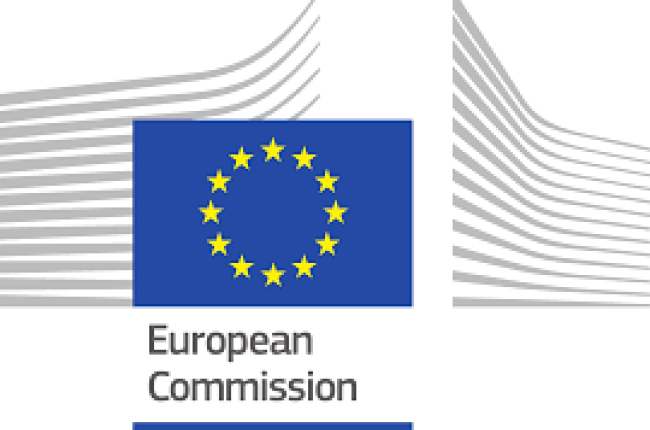Informal Meeting of the EU Forest Directors General
On 7 – 10 September 2021, the Informal Meeting of EU Forest Directors General, organised by the Slovenian EU Council Presidency, gathered 22 Members States, representatives from the European Commission and forest sector stakeholders to Maribor, Slovenia. CEPF Secretary General, Fanny-Pomme Langue participated as an observer to the meeting which consisted of a plenary session and a field trip.
As the main topic, the plenary session discussed the new EU Forest Strategy. Participants exchanged views on whether or not the new strategy takes into account all aspects of sustainability, encompassing all functions of forests. The importance of balance between all pillars of sustainability within the strategy was also stressed. In addition several Member States raised concerns regarding their competences in the field of forestry, including on a legislative proposal for a Forest Observation, Reporting and Data Collection framework, and Strategic Plans for Forests.
The field trip was organised to Centre for close-to-nature and sustainable forest management which offered a possibility for the participants to learn about the various forest management approaches supporting sustainable, multifunctional and close-to-nature management.
The Presidency’s report on the meeting can be found here.


EESC Public Hearing on the new EU Forest Strategy
CEPF was invited to present European forest owners' views on the new strategy in a public hearing organised on 14 September 2021 by the European Economic and Social Committee. Fanny-Pomme Langue participated to a panel discussion focusing on what sustainable forest management (SFM) implies in practice and how can forest stakeholders best ensure the three dimensions of sustainable development.
The hearing was moderated by the rapporteur of the EESC opinion on the EU Forest Strategy, Simo Tiainen. Keynote speeches were delivered by Claudia Olazabal, Head of Unit, European Commission, DG Environment and MEP Petri Sarvamaa, rapporteur of the own initiative report on the EU Forest Strategy.
Ms Langue reflected how CEPF sees the new strategy and SFM in it. SFM is a complex concept and the management practices have to be adapted to local circumstances, she explained. However, the strategy misses the complexity as its general tone is very simple, It is not possible to have one-size-fits-all management guidelines because European forests vary from region to region, Ms. Langue regretted. SFM means striking balance between different functions of forests she explained and continued by pointing out that as the strategy is focused on the ecological function of forests and their role as carbon sink the core idea of SFM is lost. Also, the strategy promotes the use of wood for only long-lived products and fails to understand that to produce wood for long-lived products, it is necessary to also produce wood for other uses as a result of sustainable forest management.
To watch the full intervention of Ms. Langue and other speakers, please visit here.
IUCN and EFI webinar: EU Forest Strategy - Strengthening forests for biodiversity and climate change
On 22 September 2021, IUCN and EFI organised a high-level webinar with support from SINCERE project and Integrate Network. The webinar was organised to facilitate discussion among policymakers from the EU Commission and experts representing forest owners and managers, civil society and national policymakers on the new EU Forest Strategy. CEPF Secretary-General, Fanny-Pomme Langue participated the panel discussion with panellists from the Estonian Ministry of Environment, Sylva Nova and WWF.

Ms. Langue presented European forest owners concerns and stated that they were among the most supportive of a new EU Forest Strategy but when reading the strategy, their hopes have been dashed. Ms. Langue provided further explanation why forest owners are not satisfied with the text. She addressed that the strategy does not correspond to the reality of the ground as it takes a very simplistic tone and ignores the complexity of forest management and the diversity of forests. Also, it does not recognise the work and achievements by forest owners, she stated. The strategy’s approach is unbalanced as it puts more emphasis on the ecological function of forests and their role as carbon sink presenting bioeconomy more from a perspective of risk than opportunity. In terms of financial support for forest owners, the strategy presents provisions, but none of those are related to the productive function of forests, meaning that the strategy does not provide incentives for all ecosystem services but only to certain with the expense of others, Ms Langue explained.
The concluding remarks were given by Chantal van Ham, Acting Director IUCN European Regional Office and Marc Palahi, Director of EFI.
To watch the full intervention of Ms. Langue and other speakers, please visit here.
The conference report can be accessed here.




